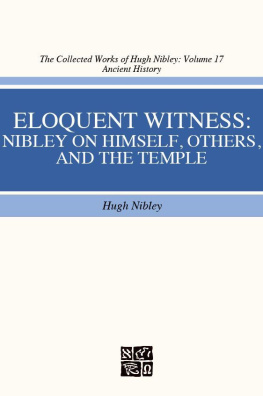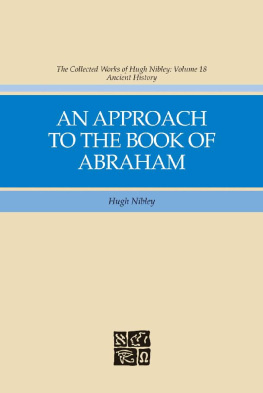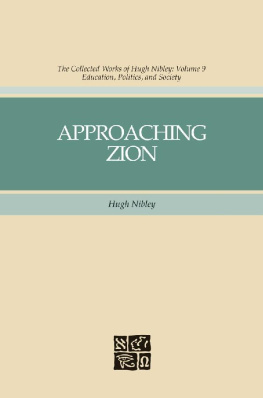COLLECTED WRITINGS OF SIR HUGH CORTAZZI
This edition co-published by Taylor & Francis, 2000
Taylor & Francis is an imprint of RoutledgeCurzon Ltd
2 Park Square, Milton Park, Abingdon, Oxon, OX 14 4RN
Transferred to Digital Printing 2005
ISBN (Blacker) 1-873410-92-1 (vol.1)
(Cortazzi) 1-873410-93-X (vol.2)
(Shillony) 1-873410-99-9 (vol.3)
Vols. 1-3 ISBN 1-873410-96-4 (3-vols. Set)
All rights reserved. No part of this publication may be reproduced, stored in a retrieval system, or transmitted in any form or by any means, without prior permission in writing from the Publishers, except for the use of short extracts in criticism.
British Library Cataloguing in Publication Data
A CIP catalogue entry for this book is
available from the British Library
Taylor & Francis
270 Madison Ave,
New York NY 10016
ISBN (Blacker) 4-931444-28-8 (vol.1)
(Cortazzi) 4-931444-29-6 (vol.2)
(Shillony) 4-931444-30-X (vol.3)
Vols. 1-3 ISBN 4-931444-27-X (3 vols. Set)
Typeset in Plantin 11 on 12 point by Bookman, Hayes, Middlesex, England
WHEN I RETIRED I decided that I would not write a memoir or an autobiography. I feared that what I wrote might be boring and parochial. Moreover, I did not see how I could write a memoir avoiding the first person singular and, as Pascal declared, le moi est haissable but an autobiography without the first person singular would surely be a play without a principal character. In the end I succumbed as I have described in Japan and Back and Places Elsewhere (Global Oriental 1998).
I do not want to repeat what I said in my memoir, but in introducing these writings which are all to do with Japan I must briefly summarize how I came to be involved with Japan and how I came to write about that country.
Chance (I prefer this word to fate which suggests inevitability) plays a major role in most of our lives. I had no idea when I was at school that I was destined to work on Japanese affairs. Indeed, I heard little about Japan at school and nothing that I heard particularly interested me in the country. Such image of Japan which I had was based on outdated pieces in geography books and encyclopaedias. After the outbreak of war in 1939 the menace of militarism in Japan, in alliance with German Nazism and Italian fascism, forced me to become more aware of Japan.
In my memoir I have related how my attention was focused on Japan through a lecture given in January 1942 by Professor Sir D'Arcy Wentworth Thomson at St Andrews University, Scotland, in which he tried to make us young students realise that our Japanese enemy, however formidable and ruthless, had a civilization worthy of study. The need for young men with a good knowledge of the language made me wonder whether my relative ability in French and German might make me a suitable candidate to study the language. In early 1943, I volunteered to join the Royal Air Force to take up the study of Japanese. I was assigned to an interrogators course at the School of Oriental and African Studies (SOAS). Our work there has been described by Sadao Oba in The Japanese War (Japan Library 1995). I became fascinated by kanji and this led me to an interest in Japanese literature and Japanese art. It seemed to me that to do a proper job as an interrogator it was essential to know more than the language. What, I wondered, were the religious and ethical views of Japanese soldiers I might have to question? What was the nature of Japanese society and what effect did this have on their attitudes? Japanese history and geography were surely important and my knowledge of both was minimal. I began to look for books about Japan in bookshops near the British Museum. I had become really interested in Japan and looked forward to getting to Japan when the war was over.
After spending the last few months of the war in India trying to find opportunities to use my Japanese I arrived in Singapore for the Japanese surrender in September 1945. While working on war crimes and on war history in Singapore I met many more Japanese and began to develop some rapport with a few. Finally, after lobbying hard to be sent to Japan to join the occupation force I was posted to British Commonwealth Air Force Headquarters in Iwakuni. Here and in Yonago in 1946 and 1947 I saw a very different side of Japan and the Japanese. I was fascinated and although I did not quite adopt a Lafacadio Hearn sentimental love for Japan I was certainly attracted and wondered for a few moments whether I should stay on in Japan, but sensibly saw that my attitude was unrealistic.
I failed to get into the Foreign Service in 1947 as I had hoped and opted to return to SOAS to pursue my study of Japan and Japanese rather than return to St Andrews University and German and French studies. The next two years were not easy. I was not a natural linguist or scholar and the grind was a hard one. I was disappointed not to get a first. If I had I might have stayed on to do postgraduate studies. I was also disappointed when once again I just failed to be accepted for the Foreign Service. Then my luck turned. The Foreign Office at last offered a me a job.
It used to be said that in the diplomatic service, as the foreign service became known, if you knew a language you would be sent to a post where the language used was completely different. In my case the Foreign Office were more sensible. After a short spell in London and in Singapore I returned to Japan to serve as a junior in the British Embassy (19511954). This turned out to be an interesting and instructive experience. My somewhat rose-tinted view of Japan became darker as I came in contact with the less attractive features of Japanese bureaucracy.
My next spell in Japan in the early sixties when I returned to the Embassy as a married man after some years in London and Bonn enabled me to reach a more balanced view of the country. In the latter part of the 1960s as Commercial and Economic Counsellor I became deeply involved with business and trade. I had not expected to enjoy this experience. In fact, it turned out to be one of the most enjoyable and busiest periods of my thirty-five years in the diplomatic service. I took to commercial work with enthusiasm and being given responsibility and latitude to do what I thought served British interests best I had a great deal of job satisfaction.
My first literary foray was made in 1970. I decided to attempt some translations from the Japanese. I was depressed by many of the translations from the Japanese which I read. There was, I felt, too much introspection and too little observation of ordinary life and character as it really is. I knew that the accusation made sometimes against the Japanese that like the Germans they have no sense of humour was false. Japanese friends introduced me to the novels and stories of Genji Keita. These went under the generic title of Ssarariman shosetsu or stories of the Japanese salaryman. A salaryman was apparently someone who was paid a monthly salary rather than a daily or hourly wage. I enjoyed many of Genji Keita's stories and decided to try to produce some translations. The stories with their dialogue looked deceptively easy. In fact they were difficult to put into natural-sounding English. I spent many hours on board ship in 1970 and at home in 1971 working on these translations. Those were the days before word processors and I found typing a laborious task. When I had eventually finished my translations of a selection of Genji Keita's stories the next task was to find a publisher. The British publishers of translations from Japanese novels clearly preferred introspection and melancholy to humour and satire. Eventually, however, with help from Jerry Matsumura who had worked for me in the Embassy


 Contents
Contents

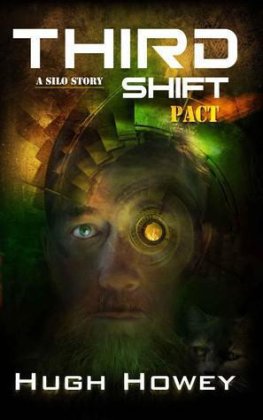
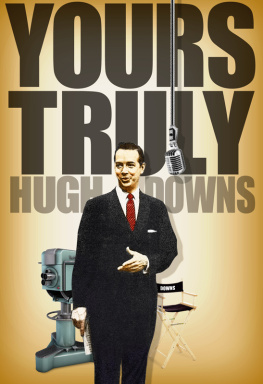
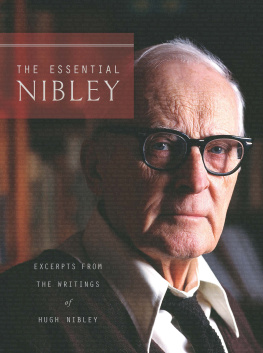
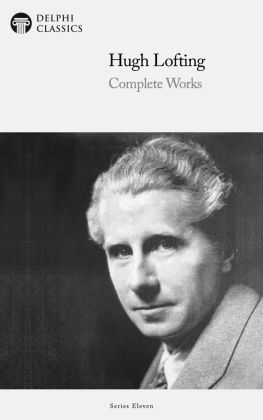
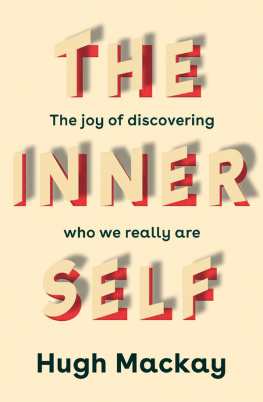
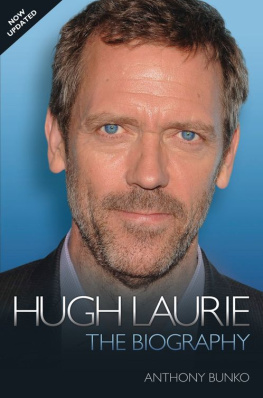
![Robert Hugh Benson [Benson - Robert Hugh Benson Collection [11 Books]](/uploads/posts/book/139831/thumbs/robert-hugh-benson-benson-robert-hugh-benson.jpg)
